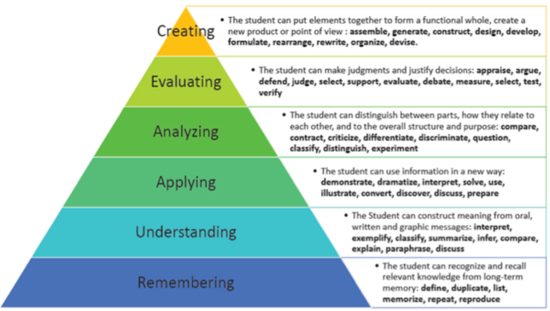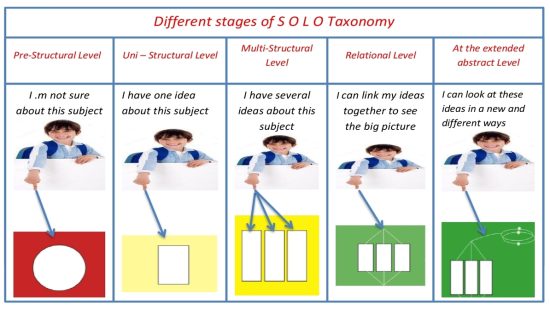Curriculum development is a complex, on-going and cyclical process; In Pakistan, all provinces and administrative areas have organizations responsible for curriculum and textbook development. Hence, it is assumed that Provincial Bureaus of Curriculum, Directorates, or Authorities, follow scientific methods for the preparation of curriculum. Theoretically, this may be true, but still there are inadequacies, gaps, or weaknesses at various levels, which should be diagnosed, recognized, and abridged. A few are enlisted below:
(a) Understaffing
Curriculum organizations (Bureaus or Directorates etc.) are not staffed proportionate to the volume of the task assigned to these organizations. In other words, these organizations are under staffed.
(b) Relevance of Expertise
In certain cases, capabilities of staff posted in these technical organizations do not match with professional requirements of curriculum development for various subjects. Convenience of employee and discretion of administrators dominate the posting and transfer decisions, instead of relevance of competency of the candidate to the mandate of the organization. Few provinces have introduced special cadres for teacher educators and curriculum specialists. Whereas in some cases, any teacher from a school or college can be posted in these curriculum bodies, irrespective of relevance of his or her qualification, experience, and aptitude for the new high order professional task.
(c) Absence of Mechanism for Continuous Professional Development
There exists no in-built mechanism for in-service training of specialists posted in various curriculum related bodies to upgrade their knowledge and widen their exposure.
(d) Inadequate Participation of Stakeholders
Committees for curriculum of various subjects are though formed, but these lack adequate representation of all stakeholders. Limited participation of stakeholders is partly determined by the financial constraints, and partly due to the reluctance of committee focal persons to look for new talent beyond their circle of acquaintance.
(e) Lack of Field Research
Ideally, a curriculum change should take effect or initiated as a result of research in the schools, findings of assessment studies, trends of examination results, or job market analysis. Normally, curriculum change in Pakistan is a top down phenomenon. No research is conducted by curriculum related bodies on the effectiveness of curricula, suitability of textbooks, or capabilities of teachers to deliver the curricula. There is a complete disconnect between those who design curricula and those who implement it.
(f) Harmonization amongst Federating Units on Curriculum and Standards
Standards are necessary for ensuring quality of education. Standards at national level are all the more necessary to ensure that the children of all areas of the country have an inalienable right to receive educational inputs of the same standard and thereafter the educational authorities assess their learning achievements on similar standards. After 18th Constitutional Amendment when the whole education has been devolved to the provinces/areas, there is an urgent need to evolve national standards for school education so that every area of the country is at par with other regions. Since standards are the part of the curriculum, therefore, it becomes mandatory for all the federating units to have the curriculum contents which are standardized and applicable to all.
References
Govt. of Pakistan. (2013). National Curriculum Framework Pakistan. Islamabad: Ministry of Federal Education & Professional Training.
OTHER RELATED POSTS




Very helpful material for understanding….